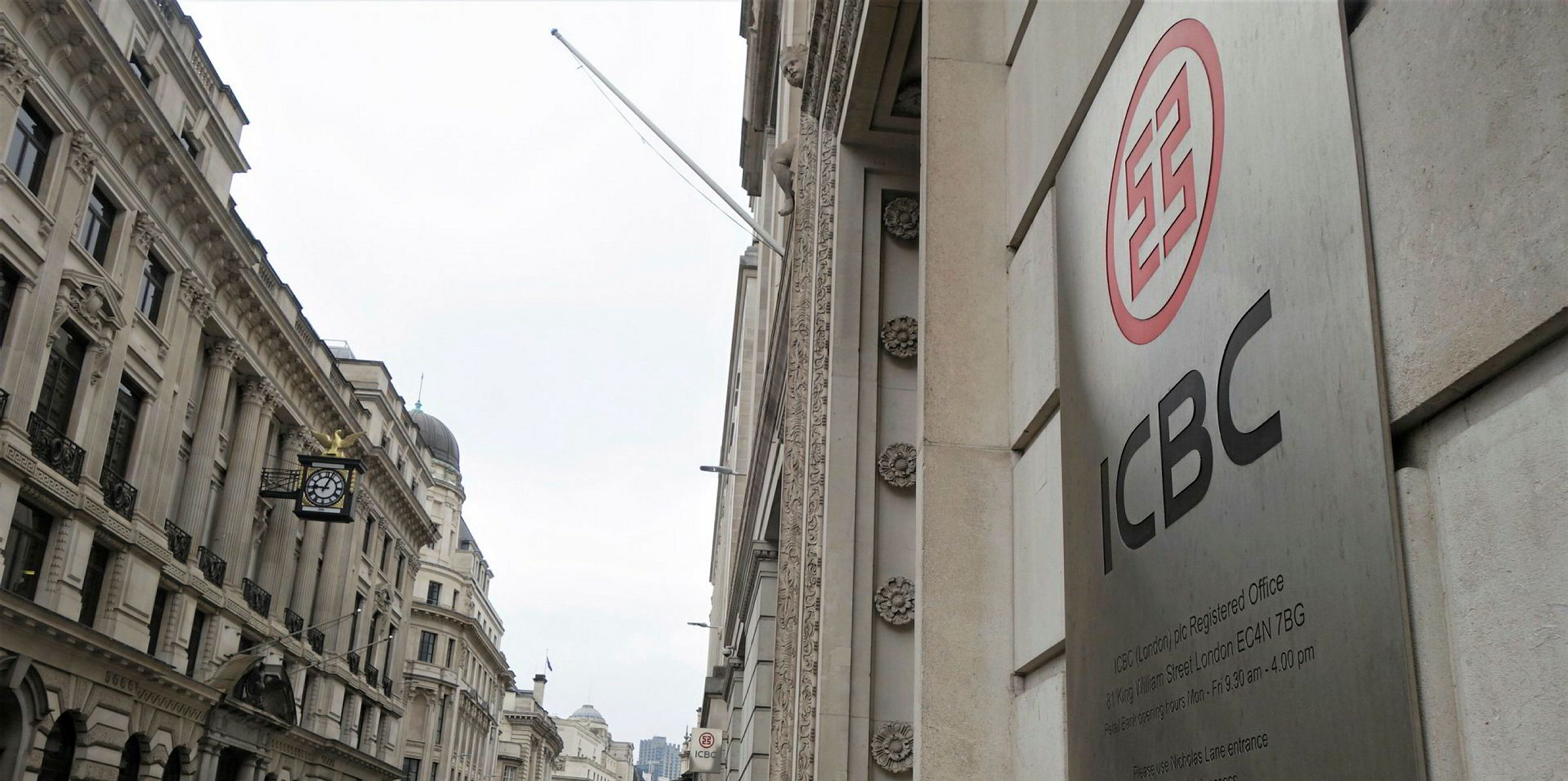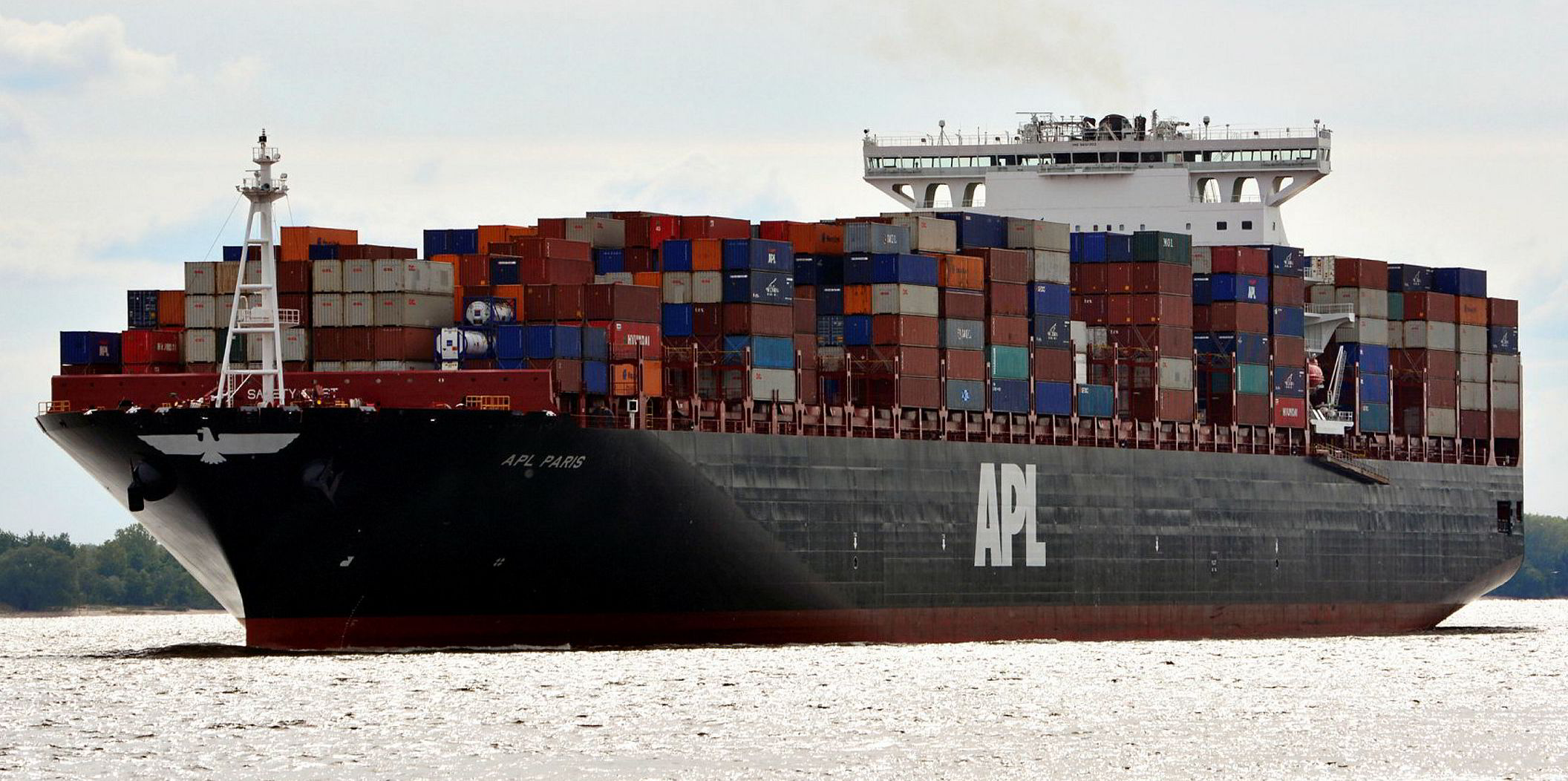Two Chinese leasing houses are banking the lion's share of the proceeds from Seaspan Corp's purchase of four ships from Pacific International Lines (PIL).
ICBC Leasing and Shanghai-based China Construction Bank Financial Leasing (CCB FL) have told TradeWinds that the two companies shared the financing of the four PIL vessels.
PIL bought out the financing for an undisclosed sum in order to sell to Seaspan, they said.
The revelation comes after containership owner Seaspan announced last week that it purchased four of PIL's five youngest and largest vessels for $367m with deliveries in March and April.
Officials of both Beijing-based ICBC Leasing and CCB FL declined to comment on the record on their part in the transaction.
CCB FL had originally financed the ships in 2016 in its debut deal in international ship finance.
For the leasing house, the transaction represents an exit from the first foreign shipping deal it ever did.
TradeWinds reported in 2016 that CCB FL had made its initial foreign deal with the four PIL newbuildings then on order at New Yangzijiang Shipbuilding for a price of $90m each.
ICBC steps in
ICBC Leasing, a subsidiary of Industrial and Commercial Bank of China, later acquired two vessels from the quartet — a common practice among Chinese leasing companies in balancing their portfolios to spread exposure.
Following the sale, Seaspan said the vessels will be chartered to a "leading global liner" as PIL hives them off in exiting the transpacific service the ships previously served.

The ships were not named in Seaspan's announcement. PIL operates 11 sisterships in a New Yangzijiang Shipbuilding series of 11,923-teu vessels delivered between 2017 and 2019.
Some liner sources have speculated that the deal was originated between Seaspan and the ship's lessor owners in China. But TradeWinds understands the transaction took the form of a direct sale by PIL, following its exercise of a purchase option.
PIL mum
"PIL does not comment on market speculation," the shipowner and liner operator said through a spokesman.
Bing Chen, chief executive of both Seaspan and its New York-listed parent company Atlas Corp, told TradeWinds this week that the deal continues the strategy he has followed during his two years at the helm of Seaspan.
"We are not doing anything different than consistently executing on the strategy of disciplined asset allocation that we have announced," Chen said.
Chen would not be drawn on details of the negotiations leading to the sale.
"We are in regular contact with all channels," he said. "We work with the lines, the financial leasing companies, the funds, the shipyards and with our peers in looking for the right assets to meet our investment criteria and our customers' needs."
One leasing company official, who would only speak anonymously, said: "The deal was driven by PIL's needs and its changing strategy. We were only informed recently that PIL exercised an option to repay the principal and acquire the ships and sold them onto Seaspan. It is their choice, but we supported them in this choice."
PIL's announcement that it was abandoning the transpacific trade came on 14 February.
The leasing official said the deal is not firm yet, so the number of ships is not definitely fixed.
'Absolutely certain'
Chen contradicted this, saying: "It is absolutely certain."
Counting the PIL quartet, Chen said Seaspan has spent close to $800m to buy 11 vessels in the past five months, bringing the tonnage supplier's fleet over the 1m teu mark. Seaspan now calculates its fleet's contracted revenue stream as more than $4.6bn based on charters with average remaining terms of 4.5 years.
"All these ships have been large, young, efficient and eco-friendly," he said. "None of these acquisitions were speculative. They were all driven by customers' needs.
"We have made it very clear that Seaspan is looking for quality options to grow our business looking at five criteria for asset allocation.
"The assets must meet the customer's needs and serve a good business case, they must contribute to building our portfolio of versatile assets with long-term charters, the acquisition must be accretive the returns must meet our criteria, and the acquisition must make a positive impact on our balance sheet."
PIL remains a financial client of a number of Chinese leasing houses that also include Minsheng Financial Leasing and CMB Leasing.







